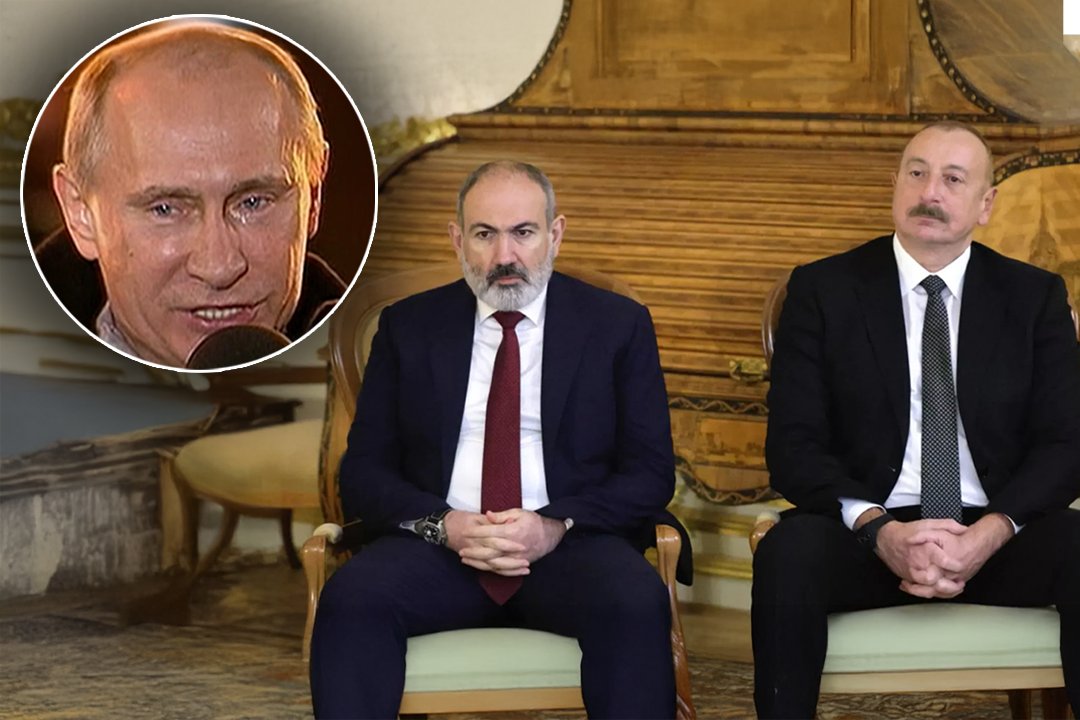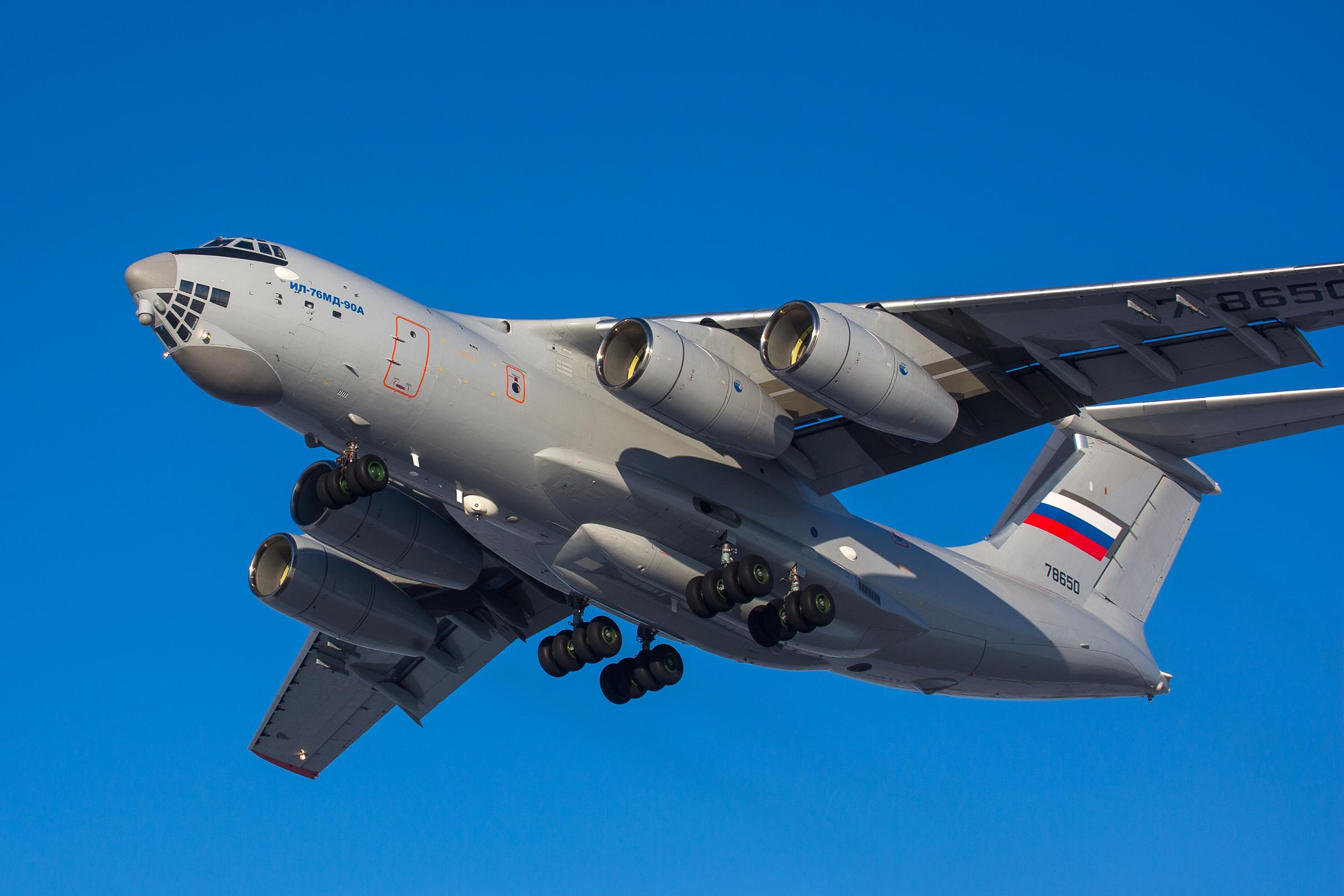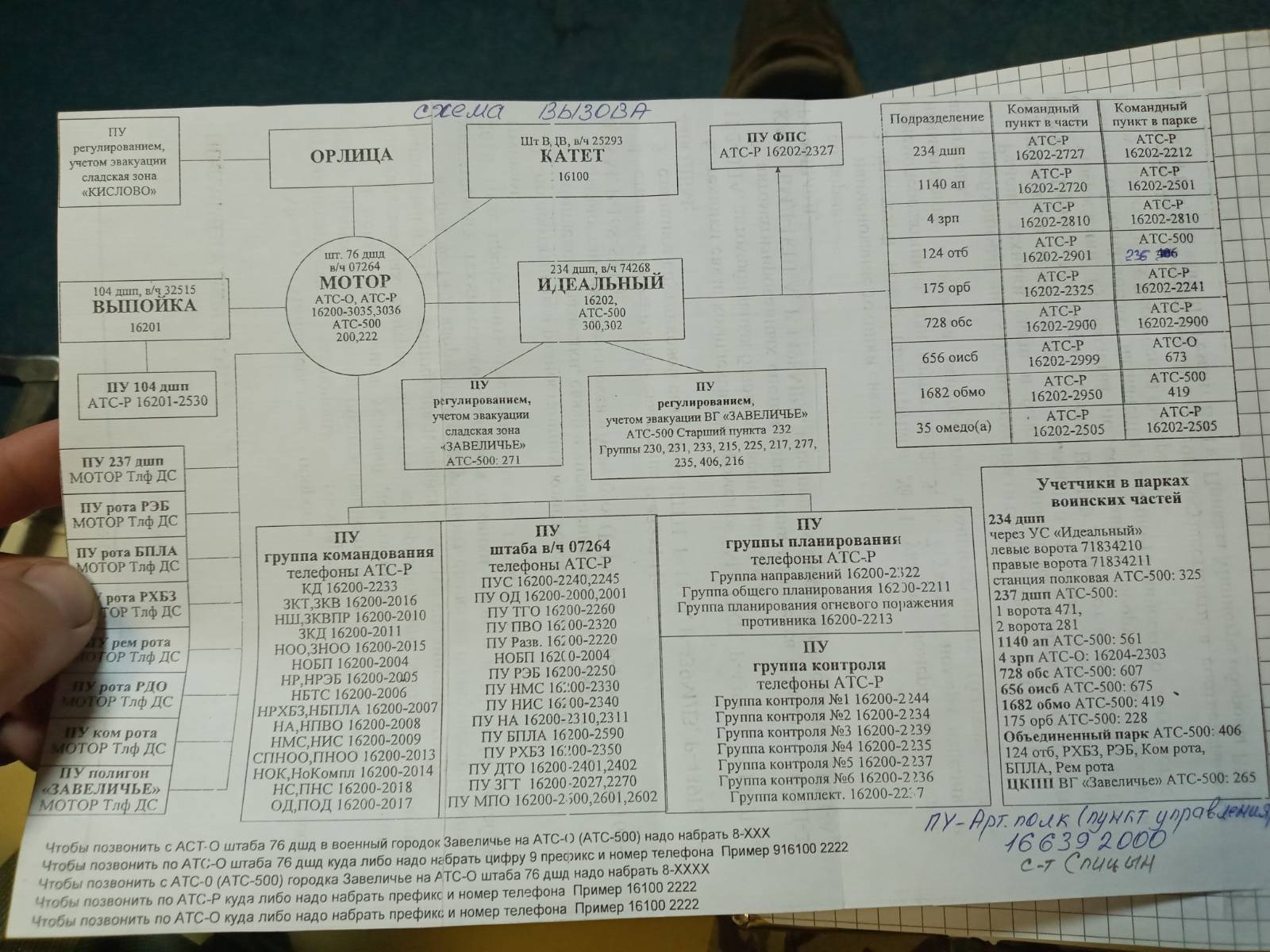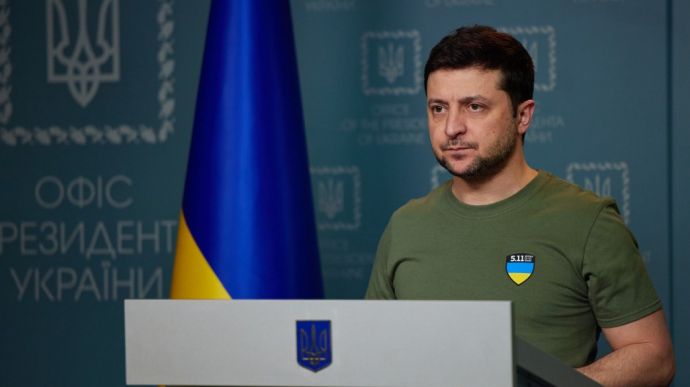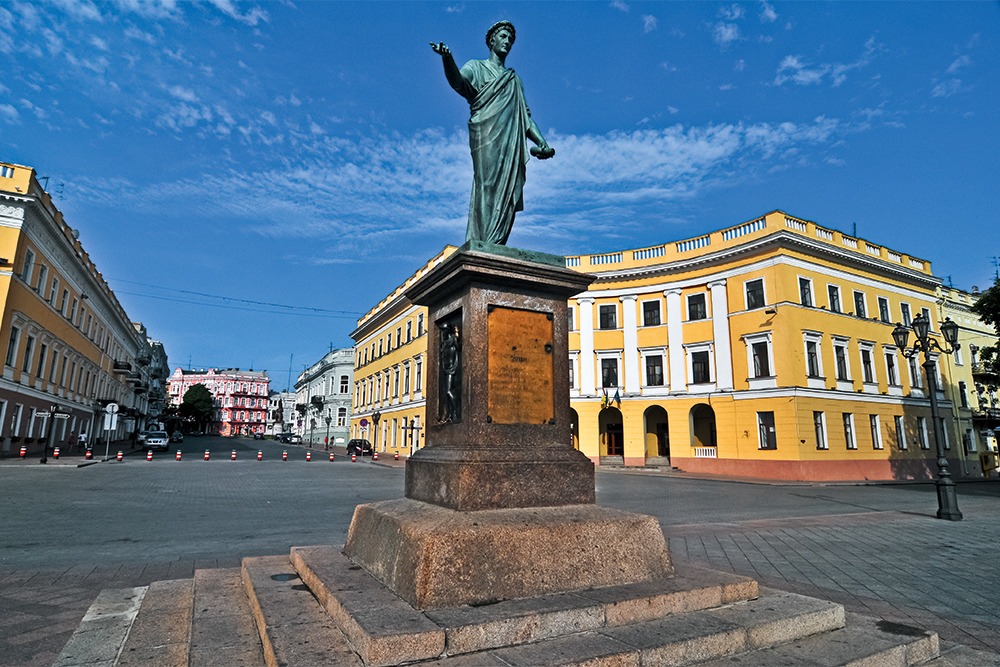For decades, the Kremlin portrayed itself as the indispensable mediator in the South Caucasus, a self-anointed guarantor of peace between Armenia and Azerbaijan. But recent developments are exposing this narrative as both self-serving and obsolete.
The latest direct meeting between Armenian Prime Minister Nikol Pashinyan and Azerbaijani President Ilham Aliyev—held in Abu Dhabi without Russian involvement—signals a historic shift: Yerevan and Baku are learning to resolve their disputes without Moscow’s oversight. And that, more than any diplomatic breakthrough, marks the quiet collapse of Russia’s imperial leverage in the region.
Russia’s decline as a regional arbitrator
The timing is no accident. With its military and diplomatic energy drained by its war of aggression in Ukraine, Russia no longer has the capacity—nor the credibility—to impose itself as a neutral actor. More importantly, Armenia and Azerbaijan now understand that Russia’s interest in their conflict is not to foster peace but to sustain instability in order to maintain influence over them.
For years, the Kremlin’s role was that of a puppeteer, juggling loyalties and weapons supplies, backing both sides just enough to prevent resolution but not enough to risk war. The result: a frozen conflict that only served Russia’s “divide and rule” strategy. As long as Armenia depended on Russia for security and Azerbaijan for mediation, Moscow’s dominance in the South Caucasus remained unchallenged.
That strategy began to unravel after Azerbaijan’s swift military campaign in September 2023 restored its control over Nagorno-Karabakh. Russia, despite its formal commitments to Armenia through the CSTO (Collective Security Treaty Organization), remained passive.
Yerevan realized that when push came to shove, Moscow would not protect its allies—neither in the Caucasus, nor in Syria, nor in Iran.
As Richard Giragosian, director of the Yerevan-based Regional Studies Center, told Euronews:
“This is largely an exclusion of Russia… Both Baku and Yerevan are distancing themselves from the Kremlin.”
Strategic Realignment: West and Turkey over Moscow
The peace process is not occurring in a vacuum. Armenia is pursuing closer integration with Europe, passing legislation to begin the process of joining the European Union. Prime Minister Pashinyan has publicly emphasized Armenia’s shift toward a Western orientation, rejecting Russia’s disinformation campaigns, military bases, and alleged coup plots.
Meanwhile, Azerbaijan is deepening its strategic partnership with Turkey, and Ankara is becoming an active regional stabilizer—meeting with Pashinyan, discussing border reopening, and signaling readiness for a new era of cooperation.
Russia, once central, now finds itself uninvited and irrelevant. Moscow’s influence is rapidly diminishing due to its inability to impose costs or provide credible support. And in its desperation, the Kremlin is turning to its old playbook: false claims about biological weapons, disinformation about Western interference, and thinly veiled threats of destabilization.
But these tactics, once effective, now reek of desperation.
The End of a Manipulated Conflict
The irony is that peace is emerging precisely because Russia is no longer managing the process. Armenia and Azerbaijan—despite a painful and violent history—are showing that their shared interest in sovereignty and development can override Moscow’s inherited divisions.
Their path is not without risks. The Kremlin may still attempt to sabotage bilateral initiatives, fund proxies, or stir unrest through hybrid tactics. But both capitals now seem to recognize that the longer Russia remains involved, the less stable and sovereign the region becomes.
This is why Baku and Yerevan are increasingly rejecting third-party interference altogether—especially when it comes from a power that benefited from their enmity.
Conclusion: A Post-Russian Caucasus Takes Shape
The South Caucasus is entering a new chapter. Russia, long the self-declared anchor of regional stability, is adrift in the consequences of its failed, horrific, and disastrous war in Ukraine. Its tools of influence—military guarantees, economic dependency, and manipulation of ethnic tensions—are no longer effective.
Armenia and Azerbaijan, once trapped in a Kremlin-curated deadlock, are choosing agency over dependence and reconciliation over rivalry. As peace talks proceed without Moscow’s blessing, a post-Russian geopolitical architecture is beginning to take form in the Caucasus—one based not on coercion and imperial nostalgia, but on mutual interest, regional balance, and the long-overdue collapse of Russia’s divide-and-rule doctrine.
